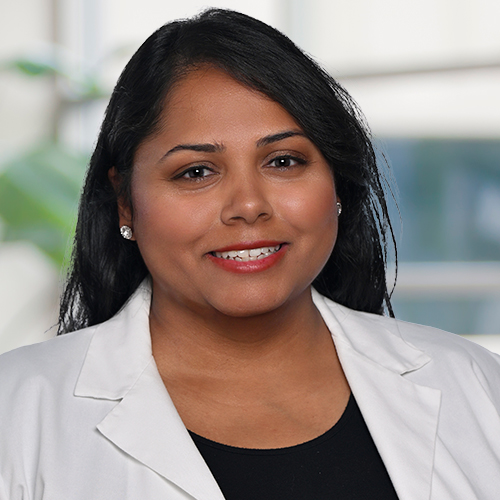Recommended Health Screenings for the LGBTQ+ Community
May 21, 2025Recommended Health Screenings for the LGBTQ+ Community
 Taking care of your health early can stop small problems from becoming bigger. This means finding a doctor you trust, getting yearly checkups, being open during visits, and following your doctor’s advice on regular screenings.
Taking care of your health early can stop small problems from becoming bigger. This means finding a doctor you trust, getting yearly checkups, being open during visits, and following your doctor’s advice on regular screenings.
People in the LGBTQ+ community often face higher rates of some health issues. These include mental health struggles, substance use, sexually transmitted infections (STIs), and heart disease. These problems may be caused or worsened by discrimination, stress, not having access to good care, money issues, or a lack of helpful information. Getting checked early is one of the best ways to catch and treat these issues.
Mental Health Screenings
Many LGBTQ+ people deal with stigma, rejection from family or faith groups, and even violence. Stigma and discrimination can even happen in healthcare settings. These experiences can cause higher rates of mental health problems. About 67% of LGBTQ+ people say they need mental health support—much more than those who are not LGBTQ+. Youth who identify as LGBTQ+ are more than twice as likely to seriously think about suicide compared to non-LGBTQ+ youth.
Because of this, regular mental health checkups are vital. These visits can help spot early warning signs and prevent issues from worsening. This is especially true for both young people and older adults, who may face unique challenges.
There are not enough mental health providers in many areas right now. Getting an appointment may take time, so try to schedule one early.
HIV and STI Testing
Even though treatment and prevention of HIV and other STIs have improved, regular testing is still key. LGBTQ+ people, especially men who have sex with men, have a higher chance of getting STIs. These infections can cause serious health problems and sometimes show no signs. Testing helps find them early and prevent their spread, especially when combined with HPV vaccines, PrEP (a pill to help prevent HIV), and safer sex practices.
The CDC recommends:
- Testing for syphilis, chlamydia, and gonorrhea at least once a year
- Testing for HIV at least once a year
- If you are living with HIV, testing for hepatitis C at least once a year
Your doctor might suggest more frequent testing based on your lifestyle or risk factors. Talk honestly with your provider to find the best plan for you.
Cancer Screenings
If you’re transgender and have taken hormones or had gender-affirming surgery, it’s important to talk to your doctor about cancer screenings. For example, someone assigned female at birth who now identifies as male may still need breast or cervical cancer screenings. Someone assigned male at birth who is taking estrogen may need screening for prostate cancer.
People in same-sex relationships may also be at higher risk for some cancers, especially if they’ve had human papillomavirus (HPV) or HIV. Regular screenings help catch problems early, when they’re easier to treat.
Hormone Therapy and Medication Monitoring
If you are taking hormones as part of gender-affirming therapy, regular checkups are essential. These hormones can raise your risk for heart problems, bone loss, diabetes, or cancer, especially if you smoke and take estrogen. Doctors can help track your health and catch side effects early with blood tests and exams.
“For people whose gender identity differs from their gender assigned at birth, appropriate healthcare screenings can be sensitive to discuss,” said Dr. Jenna Cella, board-certified family medicine physician at Riverside Medical Group’s Manteno clinic. “This is why it’s so important to find a physician you feel comfortable navigating your concerns with.”
Conclusion
Health screenings are vital for everyone. But for LGBTQ+ people, some screenings matter even more. Having a doctor who understands your needs and treats you respectfully can make a big difference in staying healthy.
Take the first step today. Find a provider who supports you and schedule your yearly screenings. Visit myrhc.net/acceptingnew to get started.



